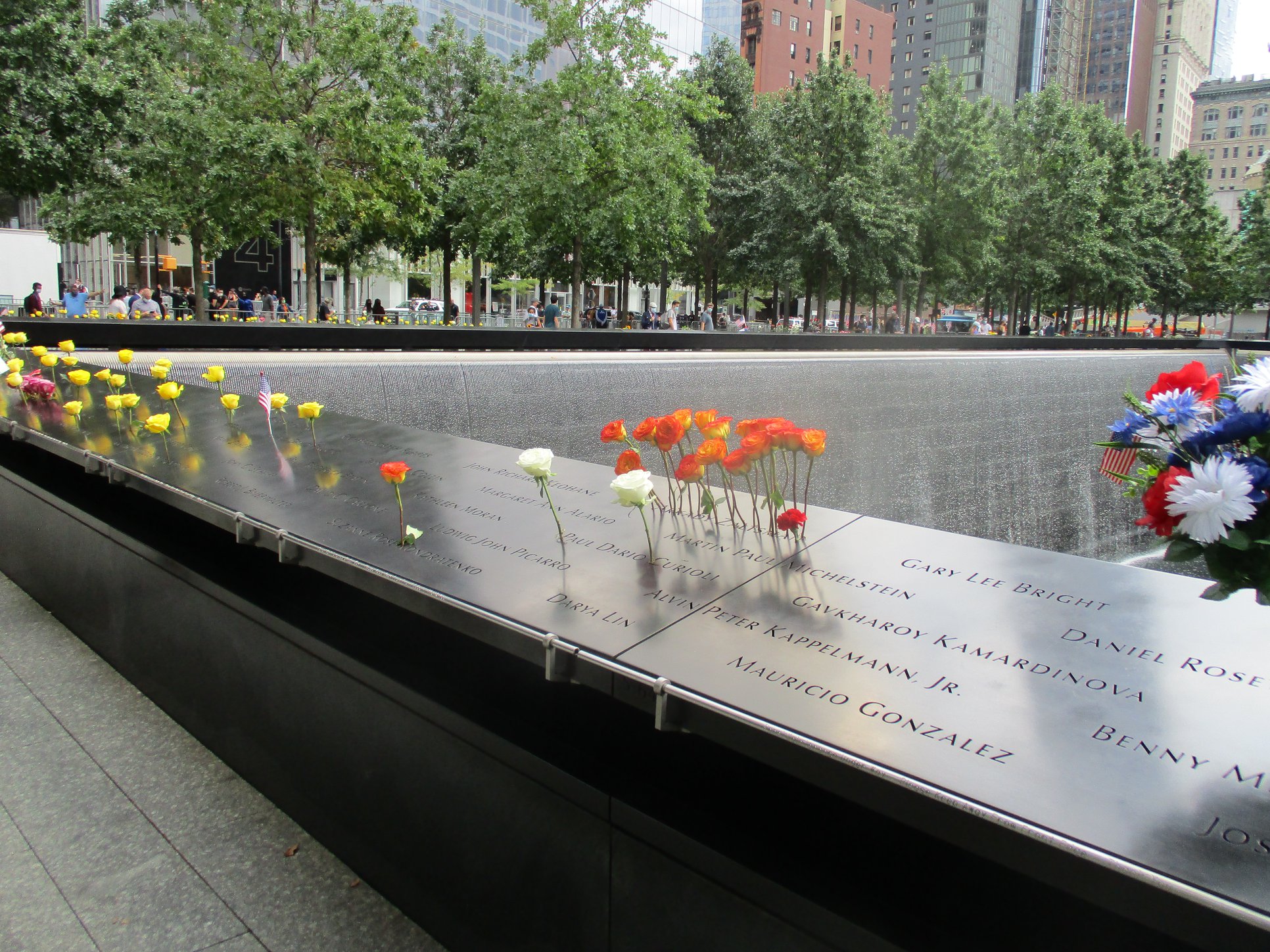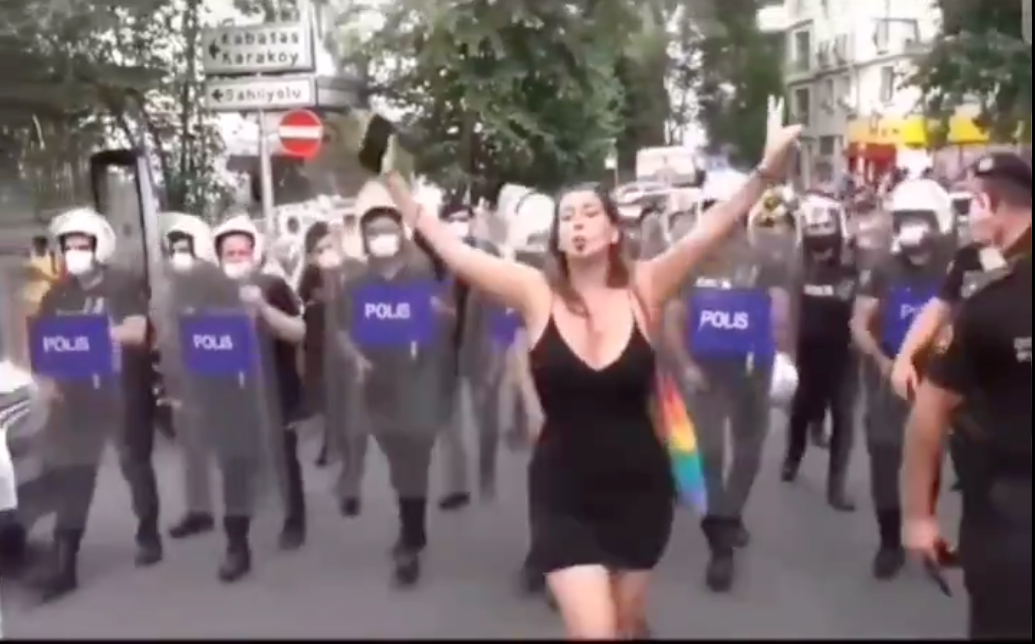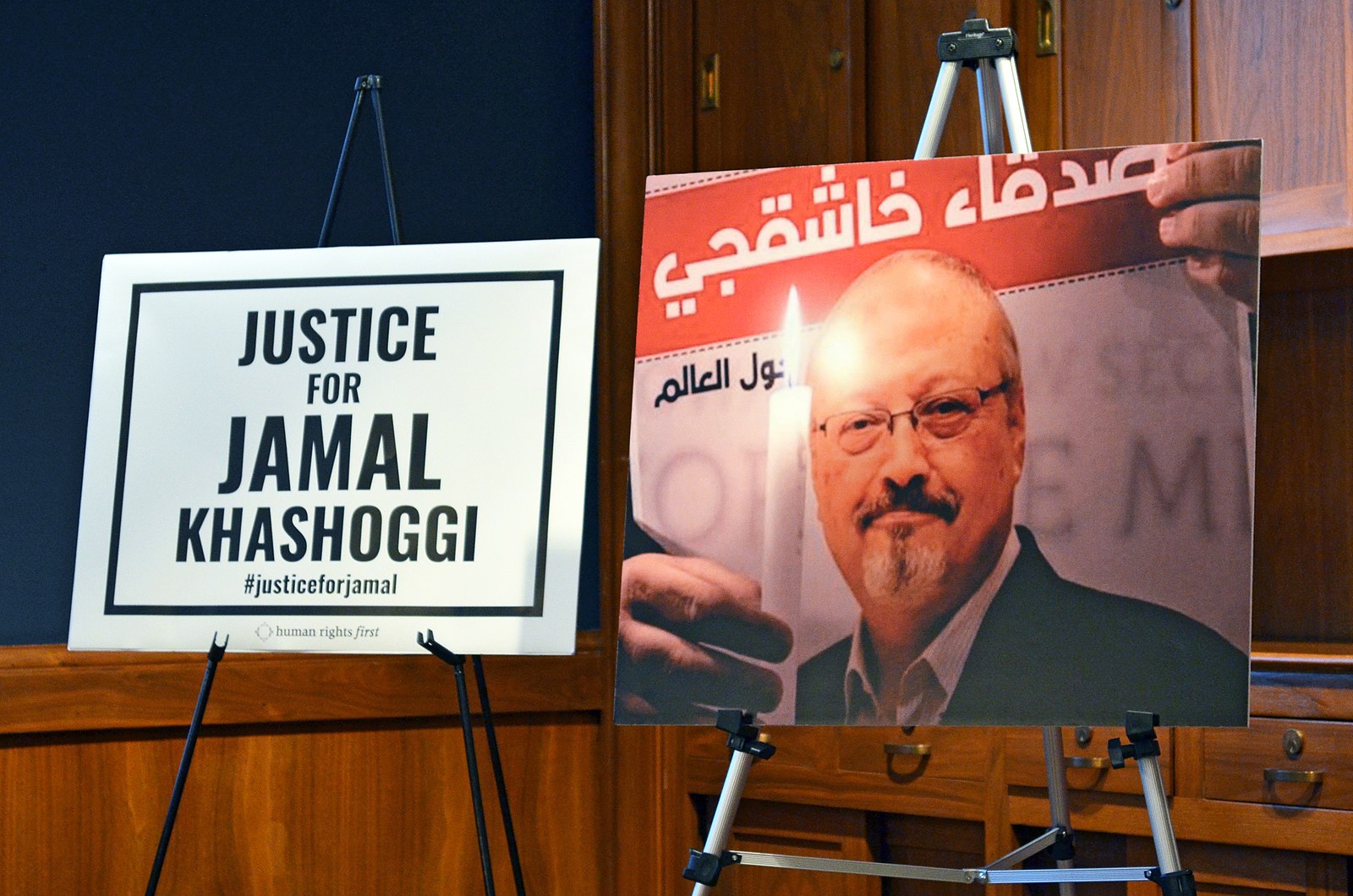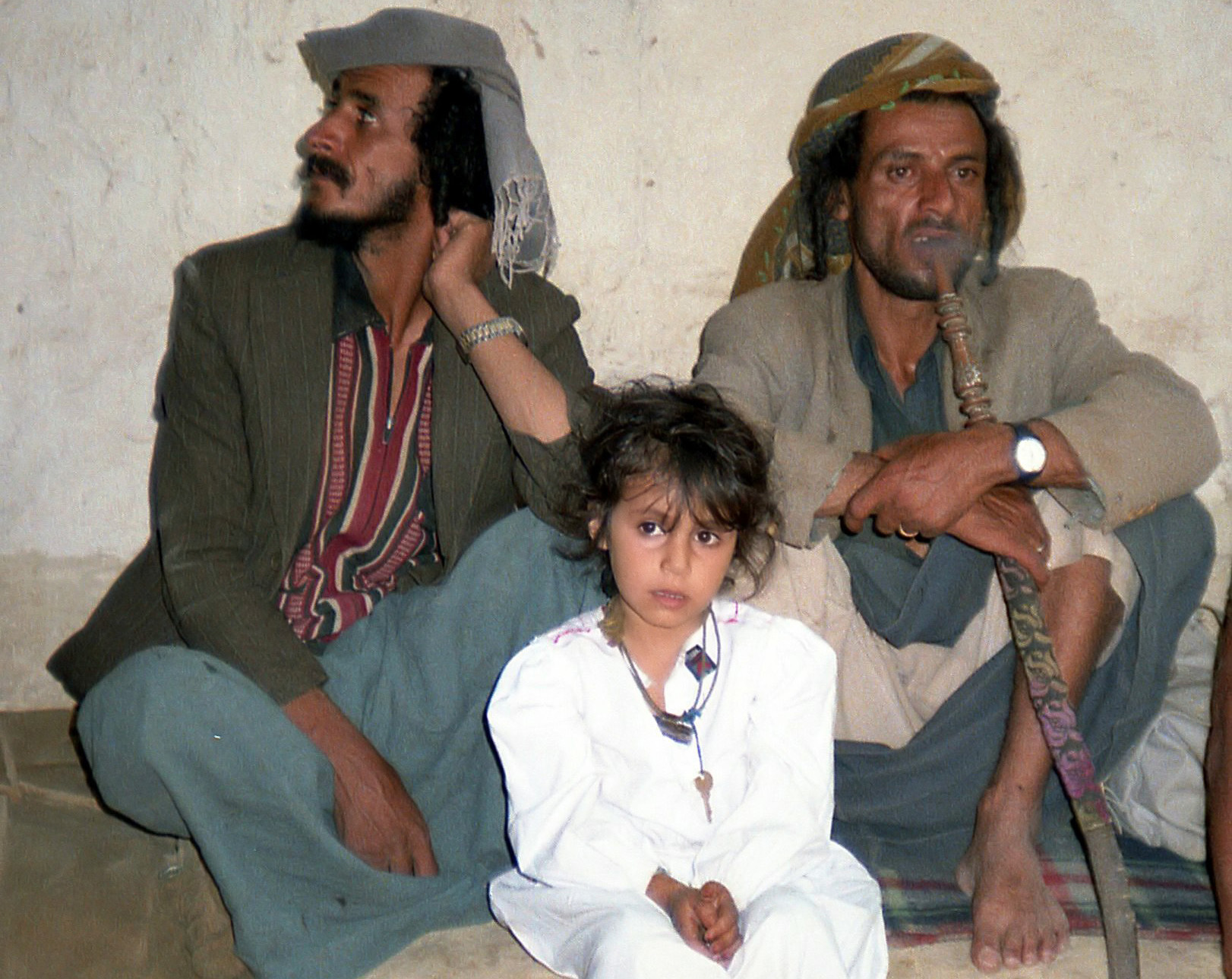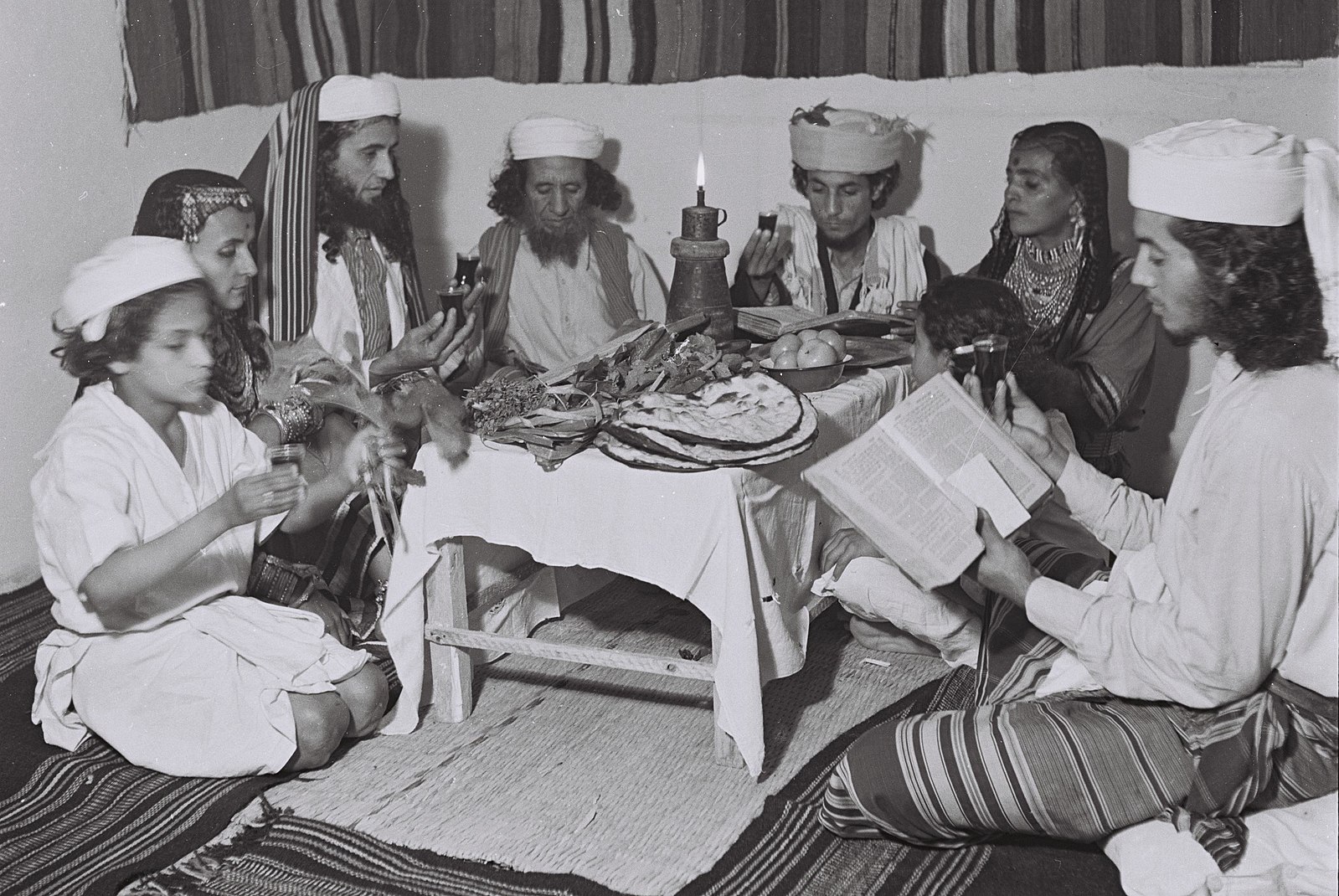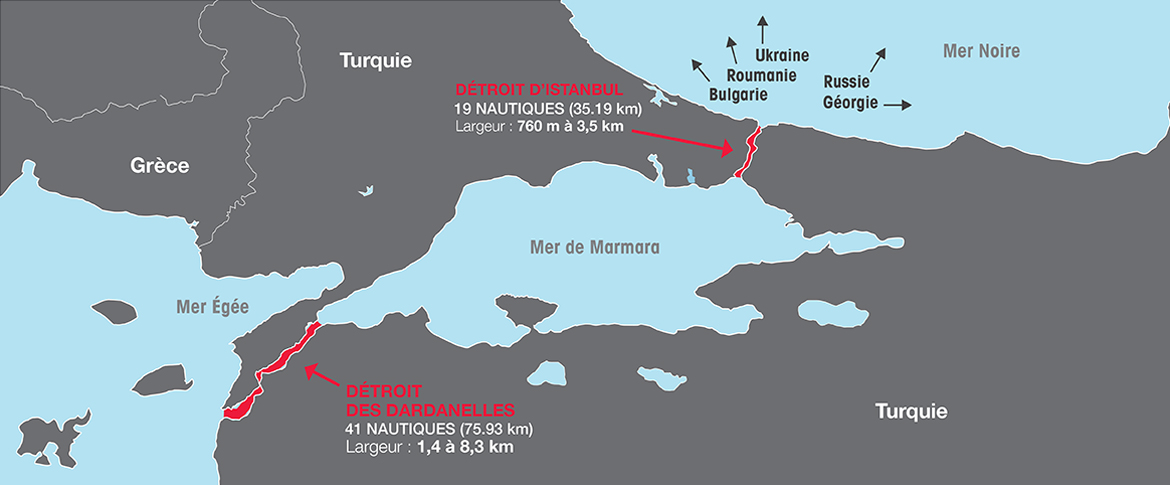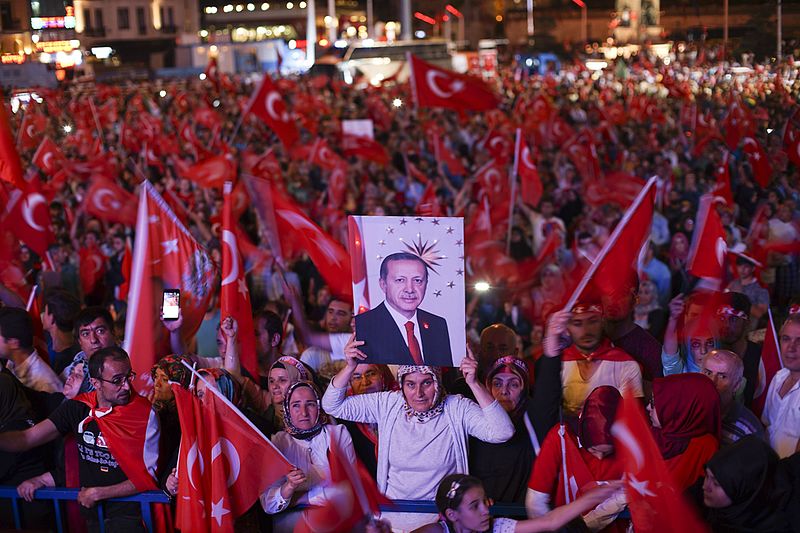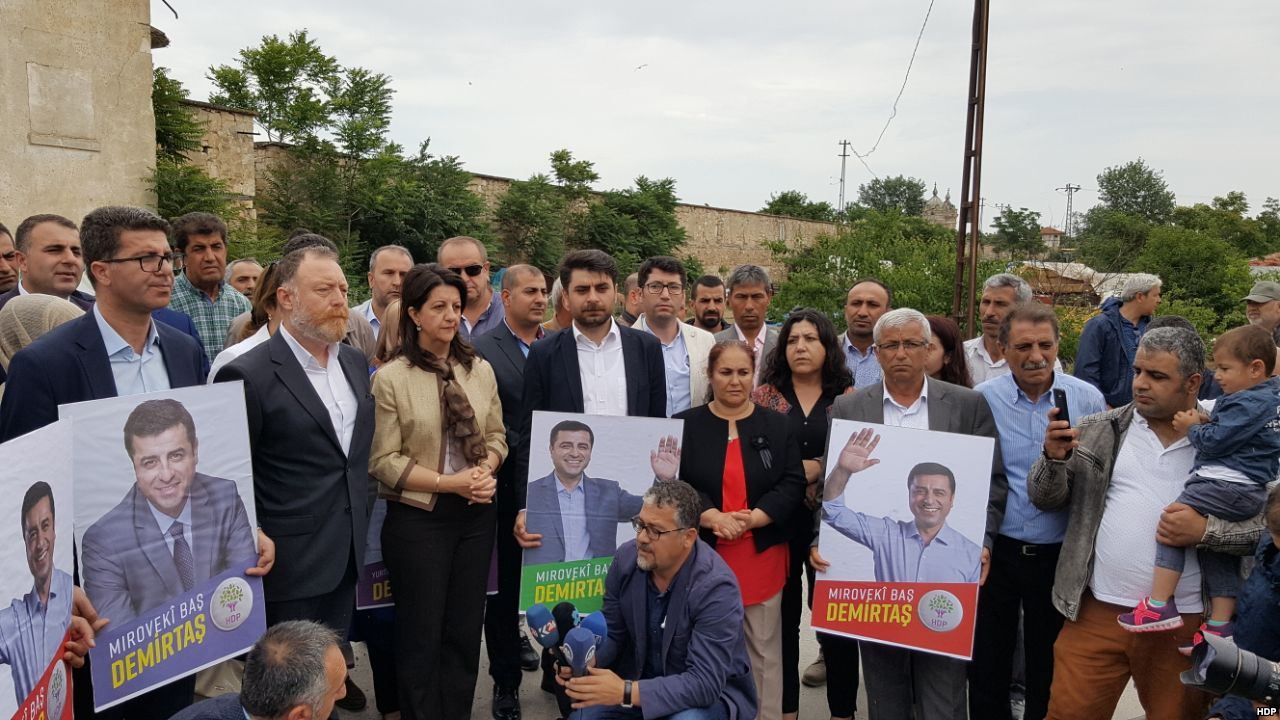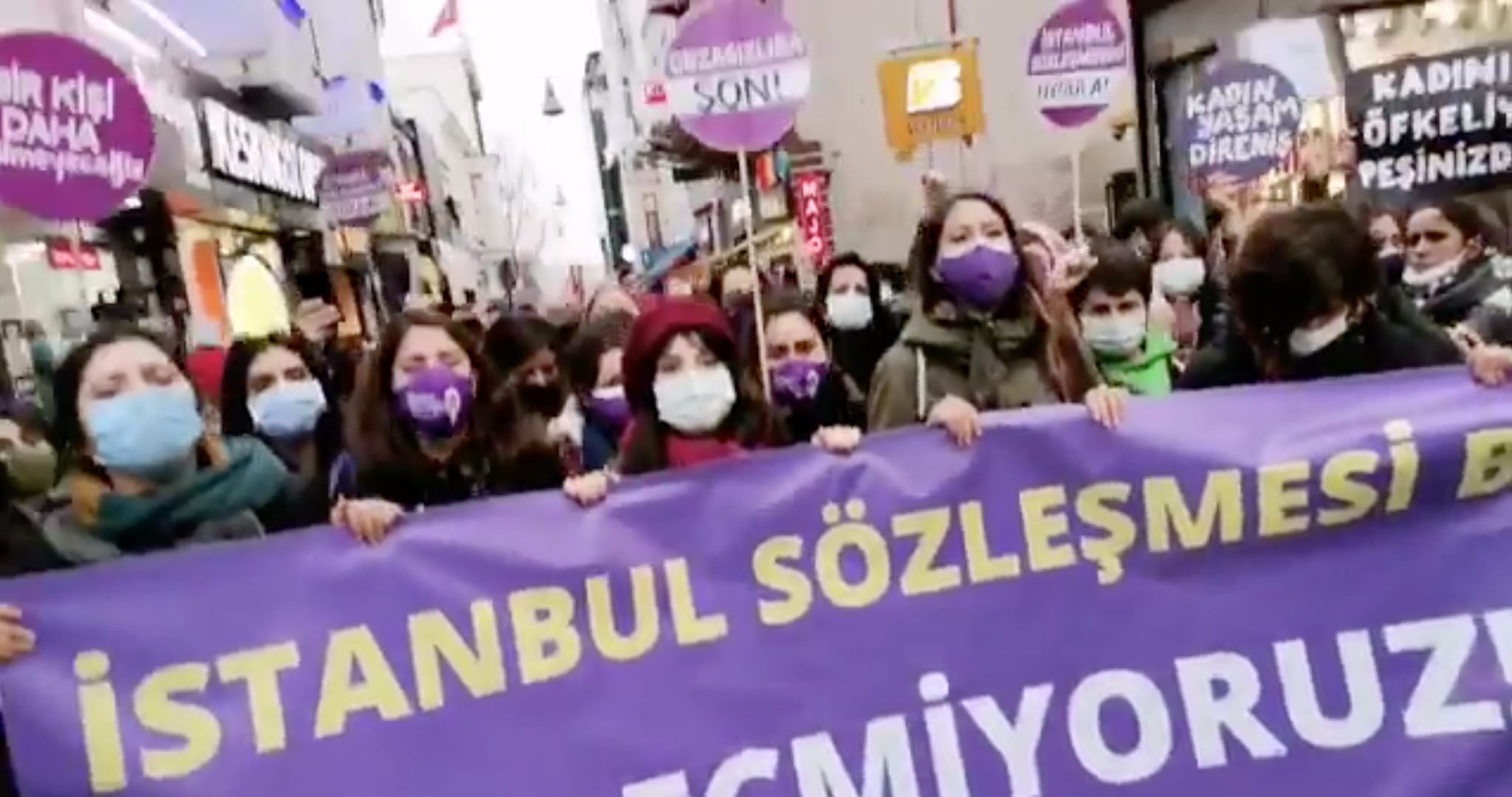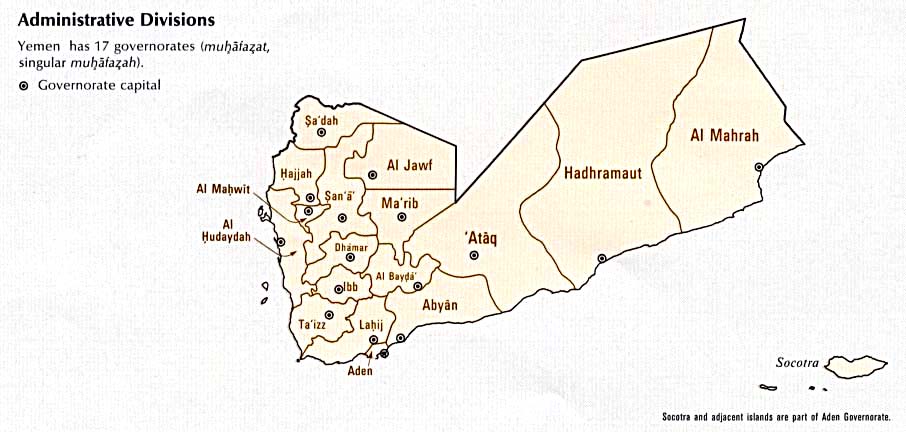
Yemen: mass displacement in battle for Marib
Yemen’s Houthi rebels have launched an offensive on the central province and city of Marib, where fierce fighting has forced hundreds to flee their homes. Some newly displaced people have reportedly been unable to reach camps, and are taking shelter under trees. Marib province has already swelled by some 2 million over the past years, as those displaced from elsewhere in Yemen have taken refuge there. The Houthis came under harsh criticism from international rights groups after three missiles struck a house in the provincial capital, killing three children and injuring some 30 people. The house was in a neighborhood that hosts thousands of internally displaced people. Marib is a hub of Yemen’s oil industry, and its fall could prove a turning point in the seven-year civil war. (Map via Perry-Castañeda Library)




